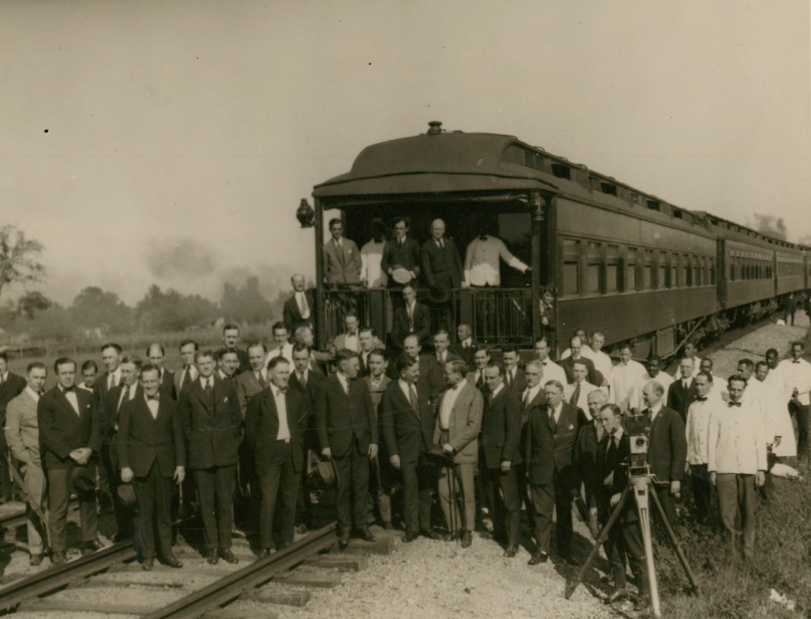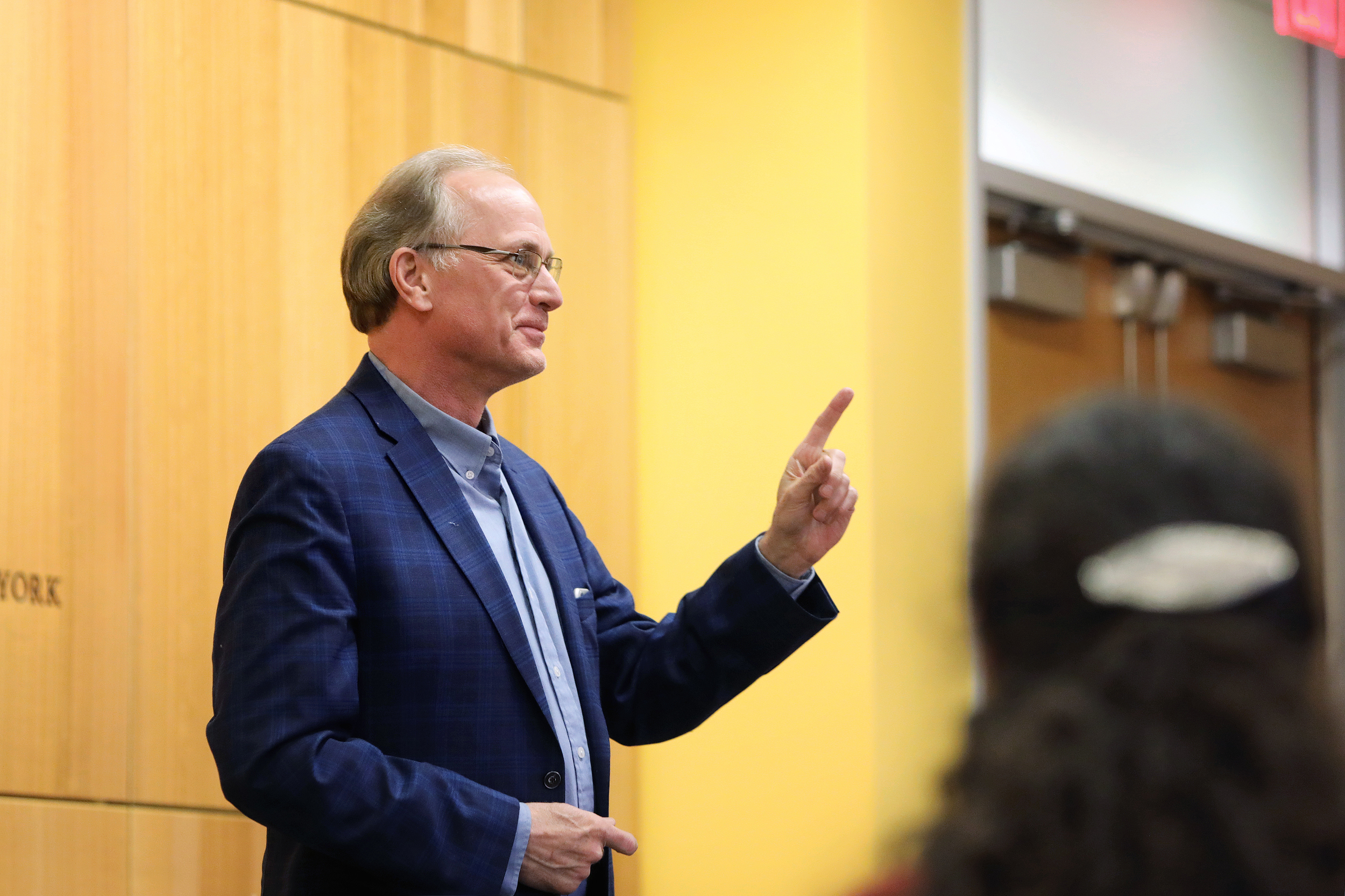One hundred years ago, President Woodrow Wilson took an audacious gamble to win Senate approval of the League of Nations. He lost the gamble.
With the two-thirds Senate approval of the Paris Peace Treaty ending the Great War in doubt, Wilson embarked on a month-long train tour of the West. His objective was to arouse enough public support for the treaty to force the Senate’s hand. And so, on September 2, 1919, Wilson left Washington’s Union Station on a 10,000-mile speaking tour.
Wilson gave 40 speeches, speaking 173,000 words, over the next 23 days, drawing vast crowds and growing support as he barnstormed from Ohio to California. But Wilson collapsed and ended the tour three days early. After returning to the White House he suffered a stroke—and never spoke in public again.
Charles Euchner—author of the forthcoming narrative history, President Wilson’s Western Tour: The Battle for the League of Nations and the Soul of America—will be speaking about this turning point in American history. He is available in the Fall of 2019 for lectures and public talks on the greatest debate in American politics since Lincoln and Douglas clashed over slavery in 1858.
Euchner, the author of acclaimed works on civil rights (Nobody Turn Me Around), baseball (The Last Nine Innings), and writing (The Elements of Writing), has written a gripping account of the fateful fall of 1919.
After leaving the U.S. for six months—no president had ever left American soil—Wilson returned home a stranger in his own land. The war had changed the country and its politics. Wilson’s trip was a journey into the heart of a nation undergoing historic change, rife with conflict and uncertainty.
Wilson’s “swing around the circle,” as train campaigns were then called, revealed the fault lines of American politics and society—and the deep doubts about American activism on the world stage.
Many issues on this tour—growing presidential power, the “creative destruction” of globalism, disruptive new technologies, racism and xenophobia, and polarized politics—mirros the conditions of our own day.
President Wilson’s Western Tour: The Battle for the League of Nations and the Soul of America explores how:
- Wilson’s travels—six months in Europe, then one month on the road—gave the opposition a clear field to develop and implement their strategy.
- Wilson’s rhetoric—his generalizations, his purposeful strangeness—alienated potential supporters
- Henry Cabot Lodge plotted with Theodore Roosevelt to counter a treaty with 70 percent public support
- “Hyphenated Americans”—especially Irish, Germans, and Asians—created veto points that upset Wilson’s ability to create a coalition
- Resurgent racism undermined Wilson’s cause from two ends of the political spectrum—leftists who maintained Wilson capitulated to the demands of Great Powers at the expense of human rights … and rightists who argued that Wilson threatened national sovereignty
- An unusual parade protest in Seattle rattled Wilson for the rest of the trip—and how one of its organizers feared it would kill Wilson.

Also, how:
- President Wilson’s occasional outbursts drove away support for the treaty
- The “counter tour” of Hiram Johnson and the GOP neutralized Wilson’s rhetorical gains, often with bigger and more enthusiastic crowds
- The visit to Los Angeles showed the rise of a new Hollywood-Washington nexus
- The treaty divided the Mormon community—and transformed its approach to politics
- Wilson’s ever-dwindling “inner circle”—especially the loss of Edwin House and George Creel—robbed Wilson of his campaign chops
- Edith Wilson and loyalists Joe Tumulty and Cary Grayson tried to manage Wilson’s
- Wilson’s health became a preoccupation during the trip—even affecting his rhetoric

